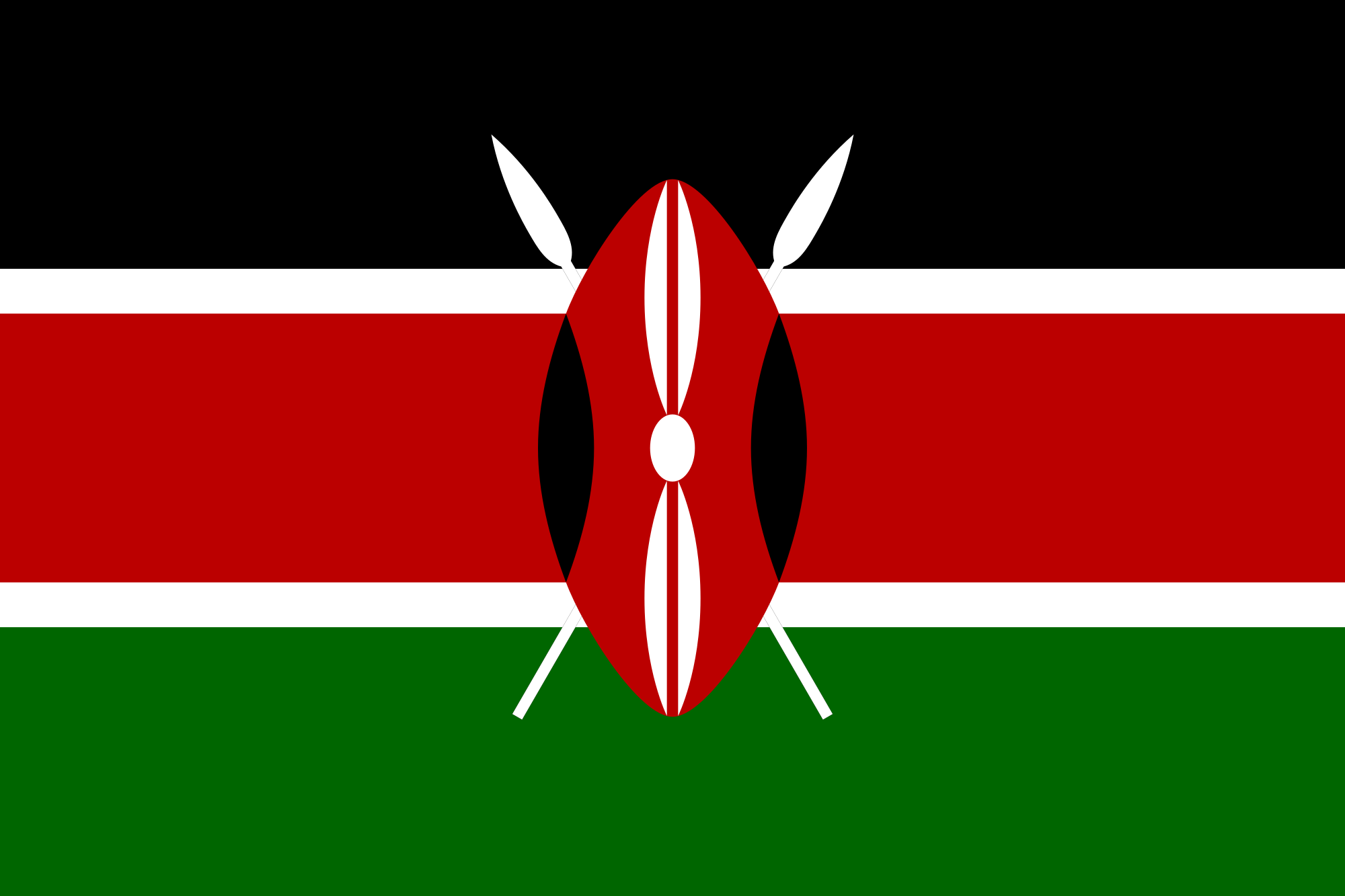UPDATE 3-Kenya to raise capital gains tax to shore up revenues

- Country:
- Kenya
Kenya will more than double its capital gains tax rate to 12.5% from 5% to bring it in line with international standards, Finance Minister Henry Rotich said in budget proposals to parliament on Thursday.
Analysts said the move showed the government had opted to squeeze already hard-pressed taxpayers, rather than cut expenditure, to make ends meet. "They are basically trying to get more and more out of a small tax base," said Kenneth Minjire, head of securities at Nairobi-based Genghis Capital.
The East African economy is one of the fastest growing in the region, expanding by 6.3% in 2018 on the back of a good harvest in a country where farming makes up about a third of output. However, investors have been unnerved by a jump in government debt in recent years, to more than 55% of GDP from 42% in 2013. Rotich said that would fall.
He said some countries, including East African neighbours, had much higher rates of capital gains tax at 20-30%. The tax usually accrues from the sale of assets like land, buildings and machinery. "There is need to review the capital gains tax legislation in order to enhance equity and fairness as well as harmonize the rate with other jurisdictions," the minister said.
"Consequently, I propose to increase the rate of capital gains tax from 5% to 12.5%." He exempted companies undergoing restructuring.
Rotich raised total expenditure nearly 10 percent to 2.8 trillion shillings ($27.6 billion), with more than 40 percent going on government wages and other recurrent expenditures. "What we are really not focusing on is actually reducing the expenditure," said Nikhil Hira, director for tax at Bowman's Coulson Harney LLP, a Nairobi legal practice. "The wastage that we have in our government is huge."
The government will cut its budget deficit in the 2019/20 (July-June) financial year to 5.6% of GDP from 7.4% in the current fiscal year, which ends this month, Rotich said. The funding gap will be filled by net local borrowing of 283.5 billion shillings and 324 billion shillings in net external borrowing, he said.
Rotich also made another proposal to remove a cap on commercial lending rates, after legislators thwarted his attempt last year. The cap was introduced to reduce lending costs and increase access to credit, he said, but instead it starved small businesses of much-needed credit as banks declined any potentially risky loans.
"I will in this year's finance bill be proposing repeal of section 33b (rate cap) of the banking act 2016, I am convinced this will unlock credit to the private sector," he said, adding the growth momentum from last year would continue. "We project growth in 2019 to remain strong at around the same level in 2018."
In neighbouring Tanzania and Uganda, finance ministers have also increased spending, saying they were investing in infrastructure in railways and power generation plants.
(This story has not been edited by Devdiscourse staff and is auto-generated from a syndicated feed.)
ALSO READ
Over 2 crore people travelled by Vande Bharat trains since launch in 2019: Railways
Train to Sikkim: Railways completes mining in 10 out of 14 tunnels, sets August 2025 deadline
Delaware legislators perform Bhangra to celebrate Vaisakhi
Indian Railways to operate record 9111 trips for summer travel
Railways Successfully Mines Tunnel in Sandy Soil below NH-10, Preventing Potential Cave-In










